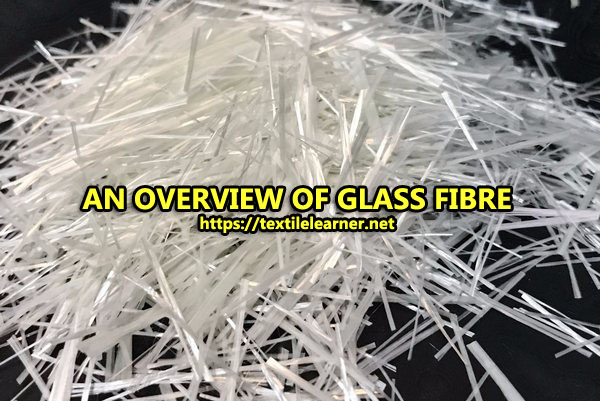Glass fibre, also known as fiberglass, is a versatile material that is widely used in various applications, including construction, automotive, aerospace, and marine. It is a composite material made from fine fibers of glass that are woven into a fabric or spun into a yarn.

In this blog, we will delve into the world of glass fibres and explore their properties, benefits, and applications.
Properties of Glass Fibre
Glass fibre is a lightweight and strong material, making it an ideal choice for applications that require both strength and durability. It is also resistant to heat, chemicals, and moisture, which makes it suitable for use in harsh environments.
Glass fibre has excellent electrical insulating properties, which makes it a popular choice for use in electrical and electronic components. It is also non-magnetic, which makes it ideal for use in applications where magnetic interference is a concern.
Benefits of Glass Fibre
There are several benefits to using glass fibre in various applications. Some of the key benefits include:
- Lightweight: Glass fibre is much lighter than many other materials, such as steel, without compromising on strength.
- Durability: Glass fibre is highly resistant to wear and tear, making it an excellent material for use in harsh environments.
- Low maintenance: Glass fibre requires very little maintenance, making it a cost-effective option in the long run.
- Easy to mould: Glass fibre can be easily moulded into complex shapes, making it highly adaptable to different applications.
Applications of Glass Fibre
Glass fibre is used in a wide range of applications, including:
- Construction: Glass fibre is commonly used in construction for insulation, roofing, and wall panels.
- Automotive: Glass fibre is used in the production of vehicles for body panels, interiors, and underbody components.
- Aerospace: Glass fibre is used in the construction of aircraft for its strength and light weight.
- Marine: Glass fibre is commonly used in boat building for its durability and resistance to water.
- Electrical and electronic components: Glass fibre is used in the production of electrical and electronic components for its insulating properties.
Conclusion
Glass fibre is a versatile material that has a wide range of applications across various industries. Its lightweight, durability, and resistance to harsh environments make it an ideal choice for a range of applications, from construction to aerospace. With its many benefits, it is no surprise that glass fibre is a popular choice among manufacturers and builders alike.